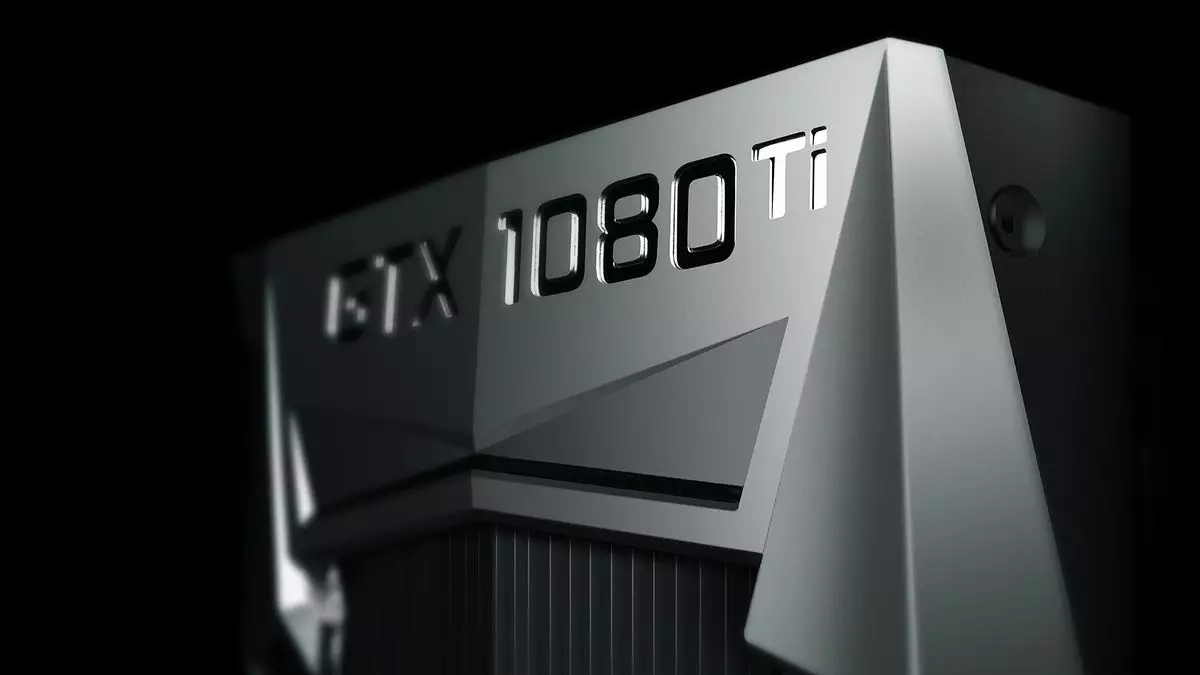The anticipation in the PC gaming community surrounding Nvidia’s CUDA Toolkit updates has recently taken a significant turn. News, initially reported by Tom’s Hardware, highlights an impending major shift regarding graphics processing unit (GPU) architecture support. The announcement that Nvidia will be phasing out support for two of its popular architectures—Maxwell and Pascal—signals the conclusion of an era marked by beloved graphics cards that have maintained relevance in gaming for years. This article will analyze the implications of this change for gamers and the industry as a whole.
The Maxwell (GTX 9 series) and Pascal (GTX 10 series) graphics cards have had a profound impact on the gaming landscape. Launched between 2014 and 2016, these cards were celebrated for their excellent performance-to-price ratio. Models such as the GTX 970, 980 Ti, 1060, and 1080 Ti became the go-to choices for gamers seeking to balance graphical fidelity with budget constraints. These GPUs allowed players to immerse themselves in high-quality gaming experiences, making them indispensable for titles released years after their debut.
For example, as of March 2022, the GTX 1060 was still the most popular GPU among Steam users, a testament to the model’s enduring capabilities. Moreover, the GTX 970 maintained its status as a minimum specification for newer titles years after its release, showcasing the resilience of these architectures. The data suggests that a significant number of gamers still rely on these older models, which raises concerns regarding ongoing support.
The Implications of Deprecation
According to the release notes for version 12.8 of the CUDA Toolkit, support for the Maxwell and Pascal architectures is not only being deprecated but also considered feature-complete. This means no further improvements will be made to their performance or capabilities. The ramifications of this decision arrive at a poignant moment, given that a considerable portion of the gaming community still relies on these GPUs. While Nvidia has yet to announce a definitive timeline for driver updates, drawing parallels with the previous Kepler architecture reveals a concerning outlook.
The deprecation of support for Kepler began in late 2019, with drivers ceasing two years later. Following this trend, it is plausible that Nvidia will provide minimal updates for Maxwell and Pascal as early as 2025. For gamers, this could mean that hardware performance won’t necessarily degrade but will be left unsupported, rendering it less viable for current gaming standards and future software developments.
Although Nvidia’s decision may appear to be a negative development at first glance, the reality is more nuanced. Many gamers have built setups around older hardware, and the GTX 970 and 1060, in particular, still perform admirably under certain conditions. Nvidia’s historical timelines suggest that while driver updates might taper off, the actual lifespan of these GPUs in practical use could extend well into the latter half of this decade, as long as users are willing to compromise on graphic settings and resolutions.
For enthusiasts of retro and CRT gaming, there exists an additional layer of intrigue. The GTX 980 Ti remains the most powerful consumer card with an analogue DVI port, making it a highly sought-after item for niche enthusiasts. Although most gamers might not fit this description, the adaptability of older hardware remains part of what makes PC gaming unique.
Ultimately, as Nvidia gears down support for previous architectures, the focus for gamers will shift to innovative technologies and more sophisticated architectures that promise enhanced gaming experiences. While transitioning away from the beloved Maxwell and Pascal cards may be bittersweet, it also opens the door to new opportunities. Advancements in GPU technologies, particularly those integrating artificial intelligence and real-time rendering capabilities, are well within reach.
In closing, while the deprecation of these architectures may signal a pause in support for legacy hardware, it is crucial to acknowledge their significant contributions to the gaming world. Nvidia’s forward momentum hints at a bright future in gaming technology, one that will undoubtedly excite and inspire a new generation of players.


Leave a Reply